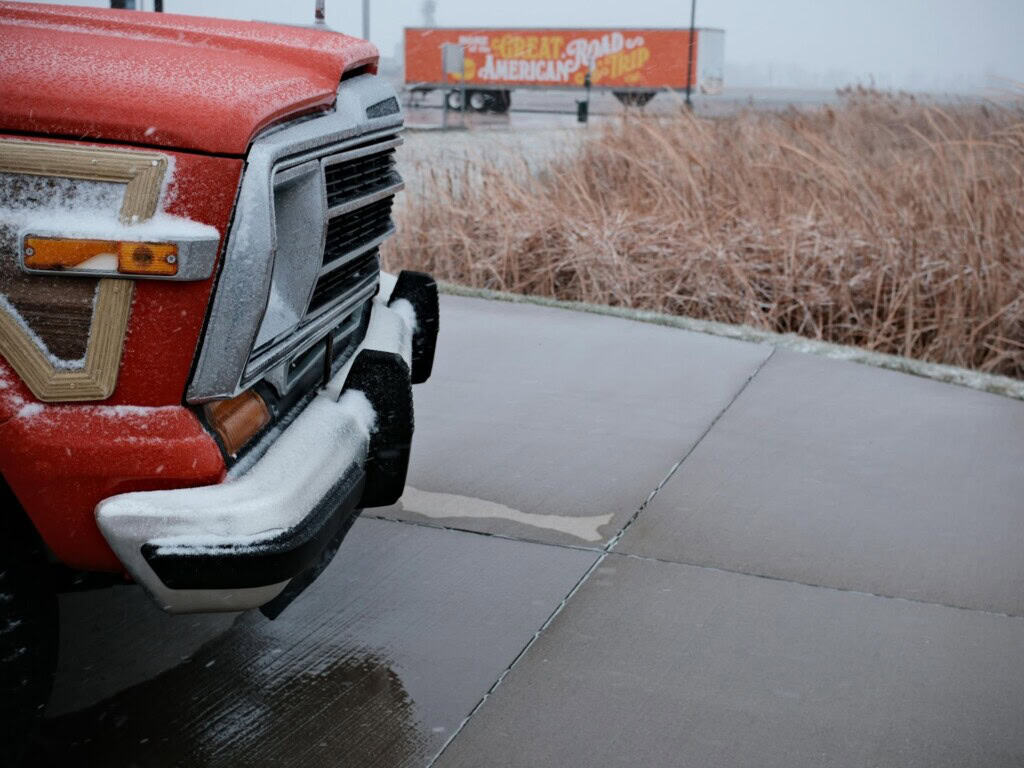Accidents involving large commercial trucks are far more concerning than typical car crashes because of the vast difference in size, weight, and force of impact. It’s essential to know what to do after encountering a truck accident, whether as a passenger, a driver, or even a pedestrian.

Having prior and accurate knowledge of how to deal with these circumstances can help you protect your health and rights and keep you open and informed about your legal options. Before you leave the scene or call your insurance company, here’s a step-by-step checklist of what to do right after a truck crash.
- Ensure Safety and Call 911 Immediately
Your absolute first priority should always be ensuring your safety and that of others. First, assess yourself for injuries. If you can move, try to get to a safe location away from traffic flow or any potential hazards like leaking fuel. However, you should never attempt to move anyone who appears seriously injured unless they are in immediate, life-threatening danger (from issues like a fire or an imminent explosion). Incorrectly moving an injured person can possibly worsen spinal or internal injuries.
As soon as you find yourself and others safe, call 911 immediately. This single action can be extremely beneficial and can dispatch emergency services to the scene, ensure prompt assessment and treatment for anyone hurt, and bring law enforcement to secure the accident scene, direct traffic, and initiate an official investigation.
- Seek Prompt Medical Attention, Even Without Visible Injuries
The adrenaline surge following a traumatic event like a truck accident can be powerful. It may often mask pain and the symptoms of serious injuries for hours or even days. You might feel fine immediately after, only for severe pain or discomfort to emerge later. Injuries such as whiplash, concussions, internal bleeding, and soft tissue damage are common in truck or car accidents and may not present immediate and obvious signs.
That’s why it’s better to get checked by a medical professional as soon as possible for your well-being and legal matters. This could be paramedics at the scene, an emergency room visit, or an urgent care clinic. Prompt medical evaluation ensures that any hidden injuries are diagnosed and treated early, preventing them from worsening.
- Document the Scene Thoroughly
Documentation can be vital later in establishing fault or disproving false narratives by other parties. If you’re physically able, gather as much evidence at the scene as possible. Record:
- Photos and videos: Take clear images of your injuries, all vehicles involved, license plates, road signs, skid marks, and surrounding property damage.
- Witness statements: Ask for names and contact information of any witnesses. Record voice memos if needed.
- Truck details: Note the trucking company’s name, any visible registration numbers on the trailer or cab, and if it’s carrying hazardous materials.
- Preserve Evidence From Your End
Your lawyer uses evidence to build a compelling case for compensation covering medical expenses, lost wages, property damage, and pain and suffering. For example, consider a situation where someone driving on I-520 near Augusta is seriously injured with neck and back issues after being rear-ended by a tired truck driver.
Even if the trucking company initially tries to deny blame, an experienced Augusta truck accident lawyer can help. They’ll know how to quickly get crucial evidence like the truck’s black box data, driver logs, and maintenance records. They may also often uncover fatigue or safety violations that prove the victim’s case. That’s why it’s essential that even after leaving the accident scene, your responsibility to preserve evidence must continue. Save:
- Medical bills, doctor’s notes, prescriptions, and therapy appointments.
- Receipts for vehicle repair or towing.
- Pay stubs or employment records showing missed work or lost income.
- Journals detailing your physical and emotional recovery.
Endnote
The aftermath of a truck accident can be physically, emotionally, and legally overwhelming. However, knowing what to do in the critical minutes, hours, and days following the crash can dramatically improve your chances of securing justice and financial recovery.